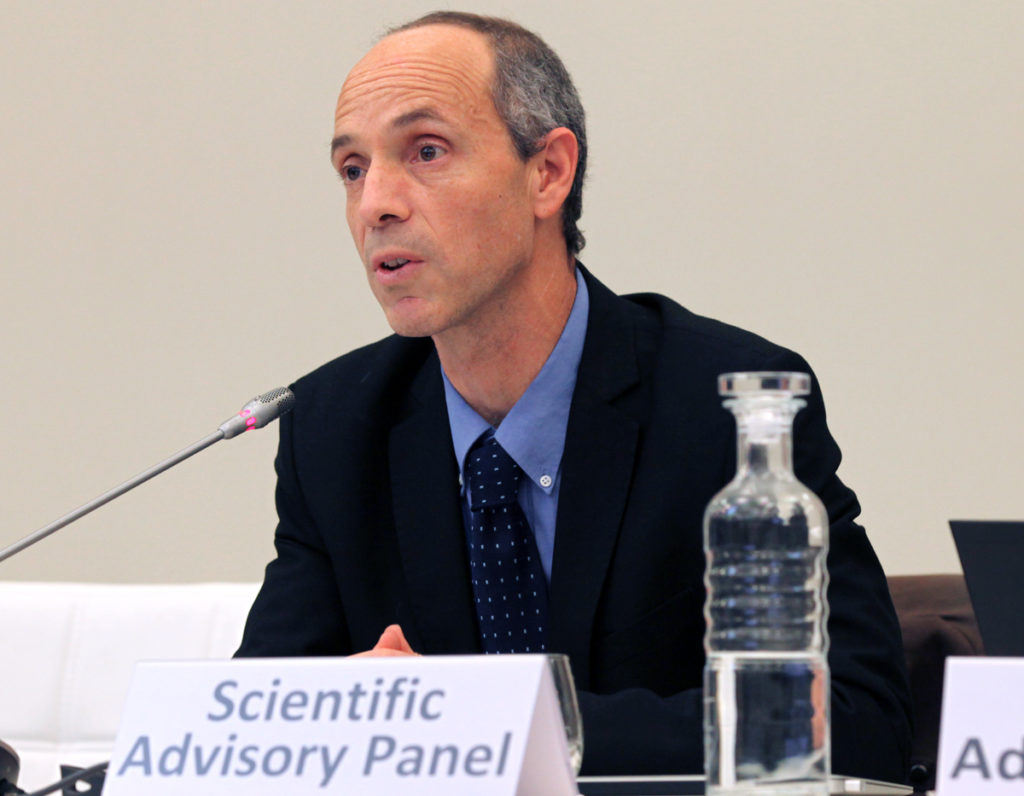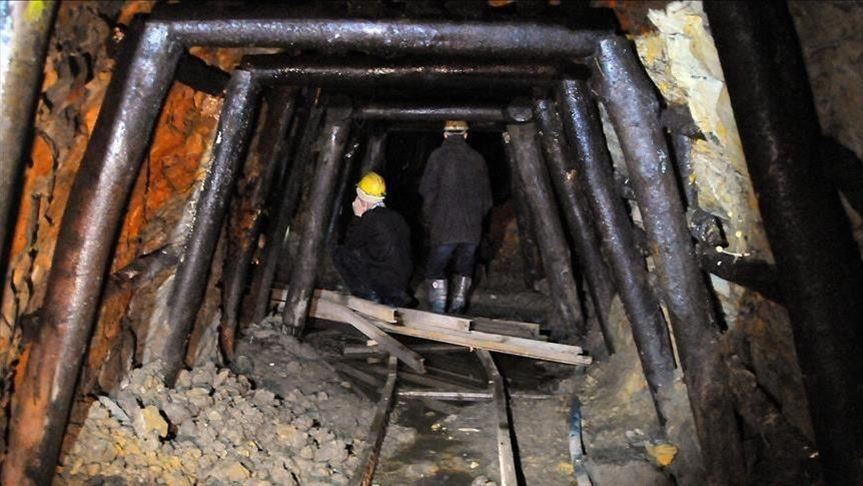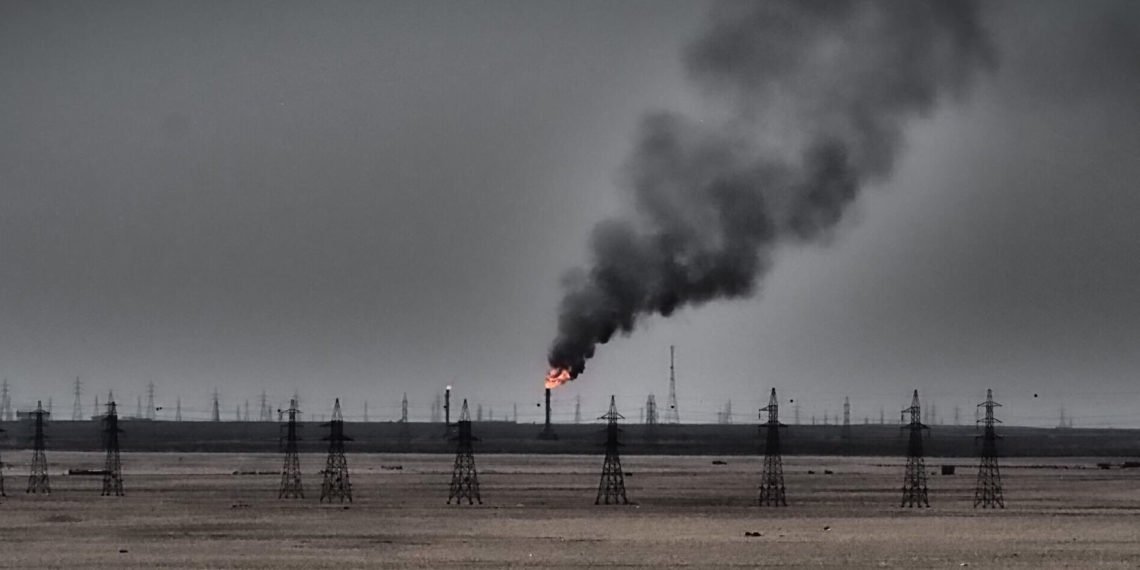A new report from the UN Environment Programme (UNEP) and the Climate and Clean Air Coalition (CCAC) has indicated;that cutting human sources of methane would reduce global warming and improve human health.
According to the report, levels of methane in the atmosphere have doubled since pre-industrial times. Methane, the report explains, is a potent greenhouse gas that is 10 times more powerful than carbon;dioxide at trapping heat in the atmosphere.
It cites the UN’s Global Methane Assessment, which notes that human activity results in around 380 million;tonnes of methane being released into the atmosphere every year.
Agriculture accounts for 40% of the emissions, largely from livestock;and rice cultivation, while another 32% comes from oil and gas extraction;and coal mining, according to the report.
The report posits that reducing the emissions by 45%, or 180 million tonnes a year,;by 2030 is critical for limiting global heating to 1.5C. This, it indicates, is the point where the climate would become increasingly and significantly unstable.
The authors of the report also hailed the strategy as a “win-win” because it would reduce global warming;and simultaneously improve human health and the economy.

Addressing reporters, chair of the CCAC, Professor Drew Shindell called the “tackling” of metahane “the strongest lever we have to reduce the rate of warming in the near term”.
“That warming rate is what’s leading to stronger hurricanes, more intense heatwaves, flooding, droughts all those consequences. Three tenths of a degree accounts for 70 billion lost hours of labour.
“That’s people working outside in places that can’t be air conditioned like agriculture and construction, so they are real costs to the economy, human wellbeing and more people dying from heat exposure”.
Cutting methane emissions alone won’t solve the warming problem
The UNEP and CCAC report also suggested how emission reduction targets could be achieved with “known solutions”. It noted that many of the solutions would pay for themselves within a few years.
The solutions, according to the report, include reducing methane leaks from gas pipelines, better management of coal mines, eliminating organic waste from landfill and reducing meat consumption.
It also notes that reducing emissions would have a swift impact on global warming because the gas only survives in the atmosphere for around 10 years, whereas carbon dioxide stays there for several centuries.

However, Professor Grant Allen, professor of atmospheric physics at the University of Manchester, asserted that “cutting methane emissions alone” can’t solve the warming problem.
“We must also continue to reduce carbon dioxide emissions to meet Paris Agreement targets and avoid dangerous warming. But it does mean that we can help to quickly slow the rate of global temperature increase and avoid some significant degree of warming in the near future”.
As well as warming the climate, the report mentions that methane results in increased ozone air pollution.
Meeting the 45% target for reduced emissions would prevent 255,000 premature deaths and 775,000 asthma-related hospital visits every year, the report concludes.
Read Also: Wa MP suggests highest form of punishment for arrested security officers





















